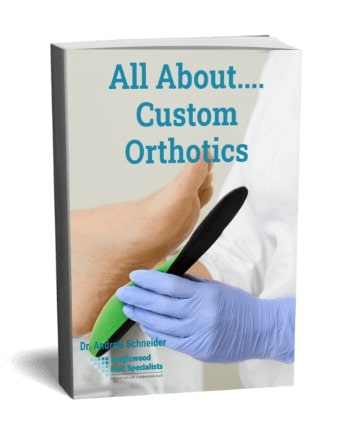Many people believe that having high arches is better for their feet. However, Houston Podiatrist Dr. Andrew Schneider is here to shed some light on the matter. A high arch, also known as pes cavus, is a condition where the arch of the foot is abnormally high and can lead to a range of foot and ankle problems, as well as pain in other areas of the body like the knee and hip.
The main issue with high arched feet is reduced shock absorption, which can cause increased stress on the joints and result in knee and hip pain. Additionally, high arches tend to supinate or roll outward, leading to a chain reaction of overuse injuries and increased stress on the knee joint. Supination can also cause the pelvis to rotate forward and result in hip pain.
The best course of action for treating knee and hip pain caused by high arches begins with addressing the underlying foot problem. This may involve the use of custom orthotics to support the arch of the foot and manage supination. Physical therapy may also be used to improve muscle alignment and reduce pain. Wearing proper shoes, performing stretching and strengthening exercises, maintaining a healthy weight, and modifying running techniques can also help prevent knee and hip pain due to high arches.
If orthotics don't help with knee or hip pain, it's possible that the knee or hip has developed a primary issue like arthritis. In these cases, Dr. Schneider recommends seeing an orthopedist for a proper diagnosis and treatment plan. Remember, pain and discomfort are not normal and it's always best to consult with a healthcare professional if you're experiencing hip or knee pain.
At the end of the day, high arched feet can be treated and individuals can live a pain-free life. If you're experiencing pain in your feet, knees, hips, or back due to high arches, reach out to Dr. Schneider by following the link in the description. Be sure to like, comment, and share this video on social media, and hit the subscribe button so you won't miss another video.














